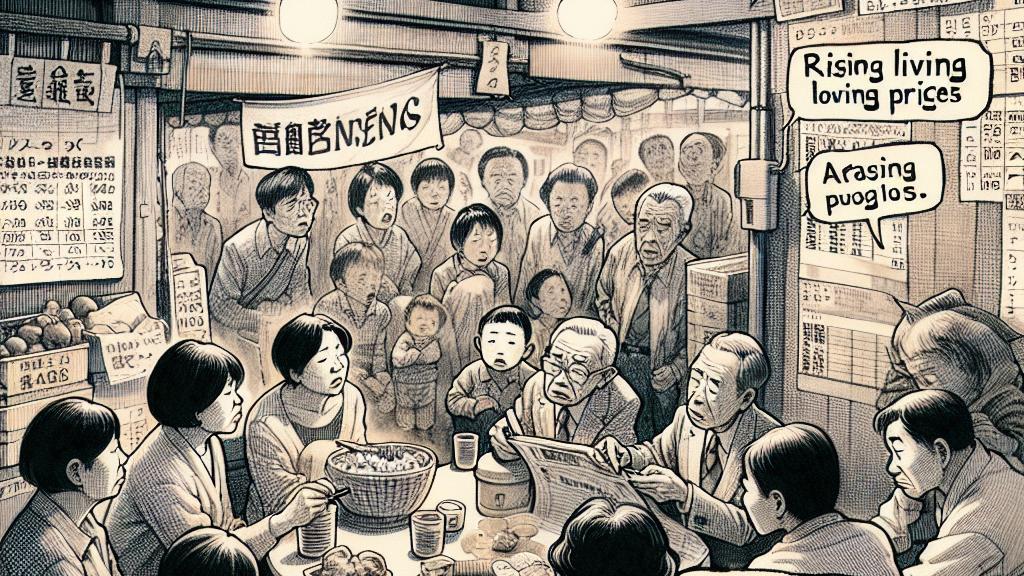Analysis of Possible Majority Loss by the Liberal Democratic Party in Upcoming Elections
Overview
- The imminent House of Representatives election poses a significant threat to the LDP’s longstanding majority, potentially redefining Japan's political landscape.
- Numerous shifts in party dynamics are emerging, with rising opposition strength reflecting a noticeable voter shift driven by dissatisfaction.
- Amidst these trends, a substantial portion of the electorate remains undecided, highlighting a climate of uncertainty as the election date approaches.

Current Political Climate in Japan
As Japan prepares for the upcoming House of Representatives election, the political atmosphere is saturated with tension and anticipation. The ruling Liberal Democratic Party (LDP) finds itself at a crossroads, facing the potential loss of up to 30 seats in the election, which could mark the first break from its majority status in 15 years. This change is not just numerical; it symbolizes a deeper disconnect between the party and its base. Frustration among voters is palpable, as many grapple with economic challenges, particularly soaring living costs and stagnant wages. For example, a recent survey indicated that nearly 70% of households are adjusting their budgets due to rising food prices, prompting them to reassess their support for the LDP.
Impacts of Party Dynamics
In this volatile political landscape, opposition parties are strategically positioning themselves to capitalize on dissent. The Constitutional Democratic Party, for instance, is anticipated to gain around 40 seats, showcasing a remarkable shift in voter loyalty from traditional bastions of support. Moreover, the National Democratic Party is leaning into issues like social equity and educational reform, aiming to resonate with a population weary of the status quo. The LDP's coalition partner, Komeito, is projected to experience minor losses as well, indicating that the ruling alliance is not as steadfast as it once appeared. This evolving voter dynamic underscores a public yearning for fresh leadership that genuinely addresses their economic and social concerns.
Voter Sentiment and Future Elections
Public sentiment is notably fluid, with nearly half of voters polled remaining undecided, reflecting widespread disenchantment with established political practices. This uncertainty stems significantly from a growing displeasure with recent political controversies, raising demands for transparency and accountability among candidates. As the election date approaches, it becomes crucial for prospective leaders to engage meaningfully with constituents. They must prioritize issues such as economic recovery, affordable healthcare, and job security, which are paramount to the electorate. Campaigns that effectively articulate these concerns not only stand a chance of winning but also could steer Japan toward a much-needed revitalization of its political framework. In essence, the forthcoming election is a defining moment, with the potential to either reinforce the current regime or usher in a new era of political representation.

Loading...